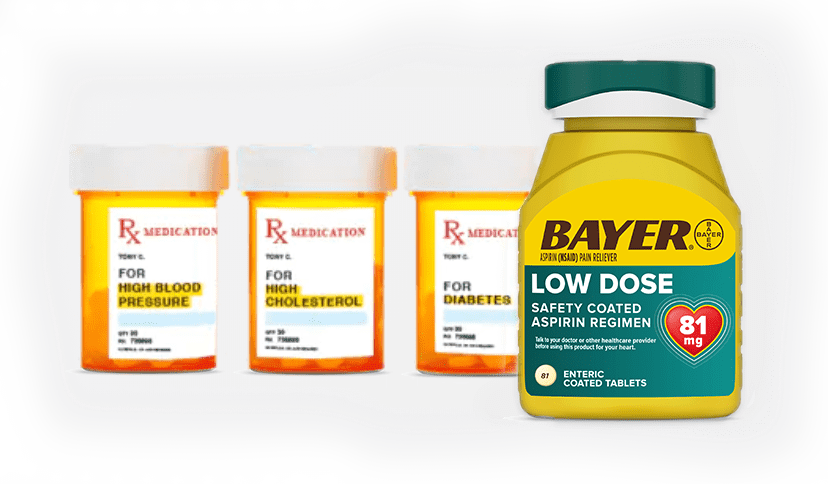QUESTIONS FOR YOUR DOCTOR
Getting answers to your questions can help you to establish your priorities, know what to expect, and regain a sense of control. Go to your appointment prepared and gain the information you need to stay healthy and happy!
Here’s a list of several questions to start with.
- What caused my heart problem?
- How severe is my heart problem?
- Do I need a caregiver in my home?
- Do I need a cardiac rehab program to make my heart stronger?
- What prescriptions do I need? What are the side effects?
- What can I do to prevent having a heart problem again?
- What symptoms warrant a 9-1-1 call?
- When can I resume normal physical activities?
- Is it safe to have sex?
- Should I start an aspirin regimen?
- Is it normal to feel depressed?
- What can I do to manage stress?
- Should my diet change? How?
- How often do I need to see my doctor?
- Are there any other specialists I need to see?
NO QUESTION IS A BAD QUESTION
When you talk to your doctor, know that he or she most likely has a lot of experience helping heart attack survivors recover. As a result, there’s very little chance you could ask a question or share an issue your doctor hasn’t dealt with before. Feeling nervous is natural, but getting answers to your questions and sharing your concerns – no matter what they are – is part of helping you get into the mindset you need to live heart-healthy.

MANAGING RISK:
WHY PRESCRIPTION MEDICATIONS MAY NOT BE ENOUGH
If you take prescription medications for high blood pressure, high cholesterol, and diabetes, they may not be enough to protect your heart. Talk to your doctor about whether these medications are enough for you and whether adding an aspirin regimen can help further reduce the risk of another heart attack or clot-related (ischemic) stroke.
Aspirin is not appropriate for everyone, so be sure to talk to your doctor before you begin an aspirin regimen.
Aspirin regimen products for recurrent heart attack prevention
Aspirin is not appropriate for everyone, so be sure to talk to your doctor before you begin an aspirin regimen.







